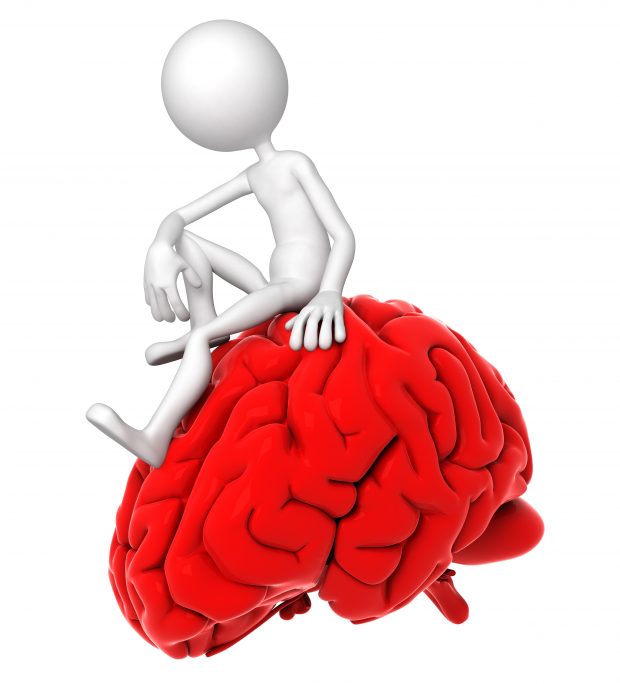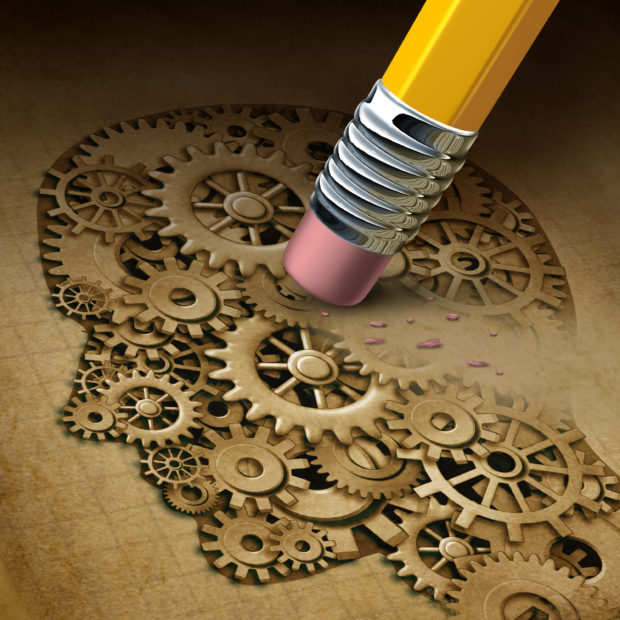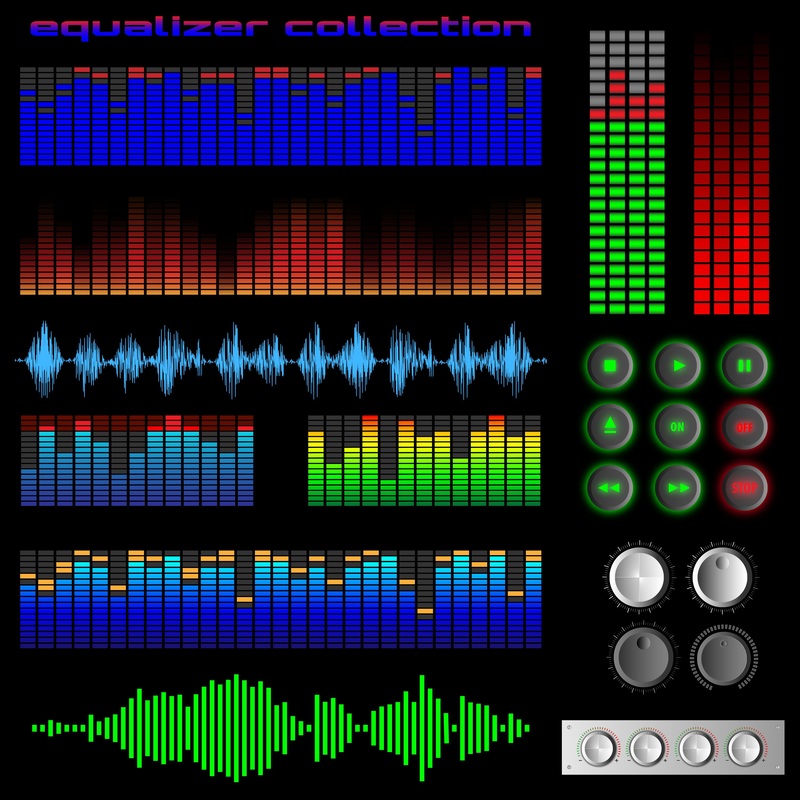Being able to go meta is a good skill to have.
This is the main reason why couples go to counseling.
It’s not because the counselor has gone to an ultra-classified school where the true secrets of relationship success were revealed.
And by visiting these esteemed counselors, they find out the inside scoop on how to REALLY make a relationship work.
The reason people go to counselors is to have an independent (as much as that’s possible) third party keep things objective.
The counselor serves as the “meta” view of the relationship.
Sometimes, though, this is troubling. What if this “meta” view is biased?
A recent study showed that when people go to a medical doctor (who is supposed to know what’s what) and then get a second opinion, EIGHTY PERCENT of the time, the second opinion of the second doctor was different than the first.
But the ability to “go meta” in any way is helpful. If we had enough resources, we could get lots of “meta opinions” and then take an average of something.
Luckily, unless you have a strange lump and you can’t “go meta” on yourself, you CAN go meta in a lot of other situations.
This is a skill that you can practice.
For example, if you are talking to somebody, when it’s there turn to talk, try and see yourself from an objective third person position, while they are talking to you.
Many people do this without really thinking about it.
If you are the type to write yourself a “to do” list every morning, it’s kind of the same thing.
One view of yourself is the writer of the list. Then later in the day, you the, “fulfiller of the list,” is in a slightly different viewpoint.
(Of course, if you’re at the supermarket and you can’t read your writing, you can’t really call yourself to ask what you meant…)
One way being meta is very helpful is how you pick up data, information and skills.
You can approach the data, skills or information as the “learner.”
Or you can step back and see yourself as the “learner” while the “meta you” is learning how to learn.
This takes being your own coach to an entirely different level.
Most people don’t even think of terms of “learning how to learn.”
It’s one of those things we just “do.” Like walking and talking.
But as you well know, there’s spitting out a bunch of gibberish, and then there’s skillful communication, where you eloquently put together strings of words that can move people’s emotions on deep levels.
If you can do that by “learning how to talk” imagine what you can do when you learn how to learn.



